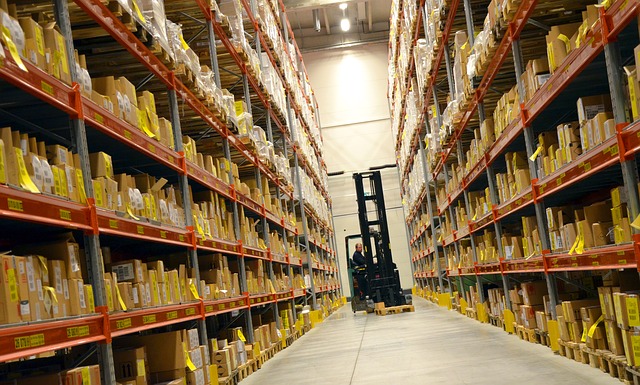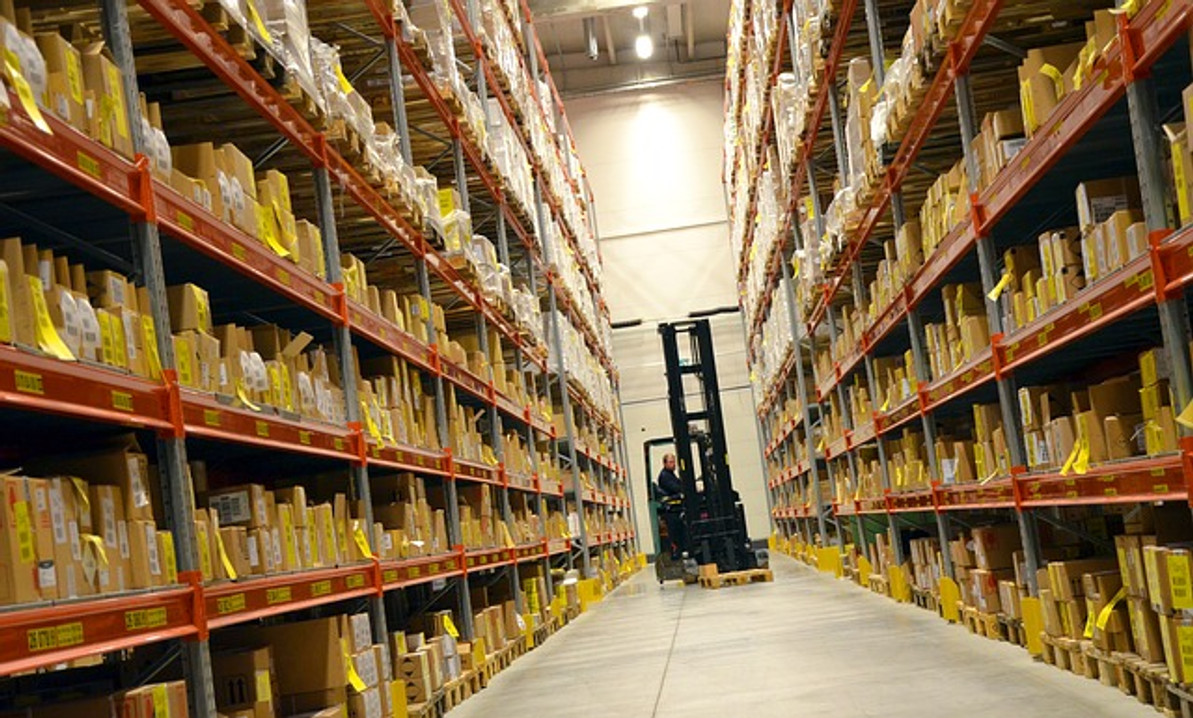Carbon Monoxide and Forklifts: What You Should Know

Forklifts make it easy to lift, transport and handle otherwise heavy goods. Developed in the early 20th century, these industrial trucks are defined by their use of motorized arms. You can use a forklift to secure heavy goods so that you can move them to a different area. If you're planning to use a forklift indoors, however, you should be conscious of carbon monoxide. Many forklifts will produce carbon monoxide, which if left unchecked, can place you and your business's other workers at risk for carbon monoxide poisoning.
How Forklifts Produce Carbon Monoxide
While this doesn't apply to all of them, many forklifts produce carbon monoxide as a byproduct of combustion. All forklifts are powered by a motor. Motors, of course, must consume energy. Some forklifts have a diesel- or gas-powered motor, whereas others have a liquid propane-powered motor. During use, all three types of forklifts will burn their respective fuel while subsequently creating carbon monoxide as a byproduct.
With that said, electric forklifts are distinguished from their diesel, gas and liquid propane counterparts. They typically feature a rechargeable battery or bank of batteries from which they draw power. Since electric forklifts don't burn any fuel, they don't produce carbon monoxide.
Protecting Against Carbon Monoxide Poisoning From Forklifts
You can still use a diesel, gas or liquid propane forklift, but you should follow some basic safety precautions to protect against carbon monoxide poisoning. For starters, don't ignore the importance of emissions testing. All diesel, gas and liquid propane forklifts will produce carbon monoxide. Nonetheless, some of them will produce higher levels of toxic gas than others. With emissions testing, you can check to see how much carbon monoxide a forklift produces.
Regular maintenance can keep carbon monoxide levels in check. Well-maintained forklifts typically produce lower levels of carbon monoxide than neglected and poorly maintained forklifts. Therefore, you should follow the manufacturer's recommendations regarding the servicing and maintenance of your business's forklifts.
Installing carbon monoxide detectors in your workplace can help to protect against carbon monoxide poisoning. Carbon monoxide detectors are the equivalent of smoke detectors, except they are designed to identify high levels of carbon monoxide.
For more information on how to protect against forklift-related carbon monoxide poisoning, check out the U.S. Occupational Safety and Health Association's (OSHA's) website here.
Recent Posts
-
Fire Safety in the Workplace: What You Need to Know
What steps are you taking to prevent fires in your workplace? According to the U.S. Occupational Saf …Aug 23rd 2023 -
Is It Safe to Go Jogging With a Cold Infection?
If you're suffering from a cold infection, you might be wondering whether it's safe to go jogging. T …Aug 22nd 2023 -
5 Safety Tips to Follow When Using a Powder-Actuated Tool
Powder-actuated tools are commonly used to join materials to steel and concrete. Also known as Hilti …Aug 20th 2023




